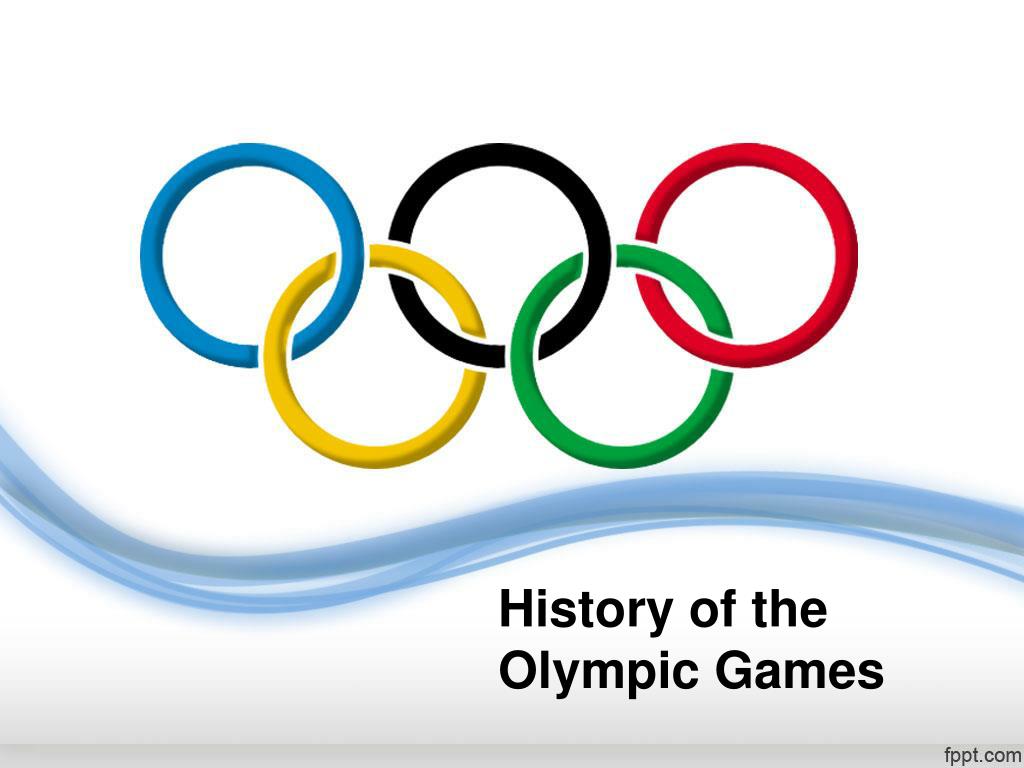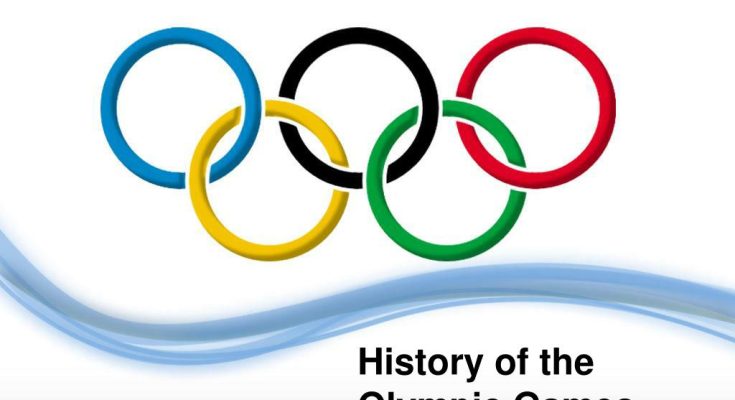
A History of the Olympic Games, as the Olympic Games stand as one of the most prestigious and celebrated sporting events in the world, bringing together athletes from across the globe to compete in a spirit of excellence, sportsmanship, and unity. The history of the Olympic Games is a rich tapestry that spans thousands of years, from its ancient origins in Greece to its revival in the modern era. This article explores the fascinating history of the Olympic Games, highlighting key moments and milestones that have shaped this iconic event.
The Ancient Olympic Games: Origins and Traditions
The origins of the Olympic Games date back to ancient Greece, with the first recorded games held in 776 BCE in the sanctuary of Olympia. These early games were part of a religious festival dedicated to Zeus, the king of the Greek gods. The ancient Olympics featured a variety of athletic competitions, including running, wrestling, boxing, chariot racing, and the pentathlon—a combination of five events: long jump, discus throw, javelin throw, running, and wrestling.
The ancient games were held every four years, a period known as an Olympiad. Athletes from various Greek city-states competed in these games, which were characterized by a truce known as the “Olympic Peace.” During this period, conflicts were temporarily halted to allow safe passage for athletes and spectators to Olympia. Victors in the ancient Olympics were awarded olive wreaths, and their achievements were celebrated with great honor and pride.
The Decline and Revival of the Olympic Games
The ancient Olympic Games continued for nearly twelve centuries until they were abolished in 393 CE by the Roman Emperor Theodosius I, who viewed them as a pagan festival. For over a millennium, the tradition of the Olympic Games lay dormant.
The modern revival of the Olympic Games is credited to Pierre de Coubertin, a French educator and sports enthusiast. Inspired by the ideals of the ancient games and the desire to promote peace and unity through sports, Coubertin founded the International Olympic Committee (IOC) in 1894. The first modern Olympic Games were held in Athens, Greece, in 1896, with athletes from 14 nations participating in 43 events. This marked the beginning of a new era for the Olympic movement.
The Modern Olympic Games: Growth and Globalization
Since their revival, the Olympic Games have grown significantly in scale and scope. The Summer Olympics, held every four years, feature a diverse range of sports, from traditional athletics and swimming to modern additions like skateboarding and surfing. The Winter Olympics, introduced in 1924, showcase sports such as skiing, ice hockey, and figure skating.
The Olympic Games have also expanded to include the Paralympic Games, which highlight the achievements of athletes with disabilities, and the Youth Olympic Games, which provide a platform for young athletes to compete on an international stage.
The Olympics have become a global event, with athletes from over 200 countries participating. The Games are not only a celebration of athletic excellence but also a powerful symbol of international cooperation and cultural exchange. The Olympic motto, “Citius, Altius, Fortius” (Faster, Higher, Stronger), embodies the spirit of striving for excellence and pushing the limits of human potential.
Notable Moments in Olympic History
The Olympic Games have witnessed numerous iconic moments and milestones throughout their history. Some of the most memorable include:
- The Berlin Olympics (1936): The Games were overshadowed by Nazi propaganda, but African-American athlete Jesse Owens won four gold medals, challenging the ideology of racial superiority.
- The Mexico City Olympics (1968): This edition saw the famous Black Power salute by American sprinters Tommie Smith and John Carlos, highlighting the civil rights struggle.
- The Munich Olympics (1972): The Games were marred by the tragic Munich massacre, where 11 Israeli athletes were taken hostage and killed by a terrorist group.
- The Miracle on Ice (1980): The U.S. men’s ice hockey team, composed of amateur players, defeated the heavily favored Soviet team in a stunning upset during the Lake Placid Winter Olympics.
- The First Olympic Games in China (2008): Beijing hosted the Summer Olympics, showcasing China’s rapid development and providing a spectacular opening ceremony that captivated the world.
Conclusion
The history of the Olympic Games is a testament to the enduring appeal and significance of this global event. From its ancient roots to its modern incarnation, the Olympics have evolved to become a symbol of unity, peace, and the relentless pursuit of excellence. As the Games continue to grow and adapt to the changing world, they remain a celebration of the human spirit and a powerful force for bringing people together from all corners of the globe. Whether as athletes, spectators, or fans, the Olympic Games inspire us all to strive for our personal best and to appreciate the diversity and talent that exists worldwide.



